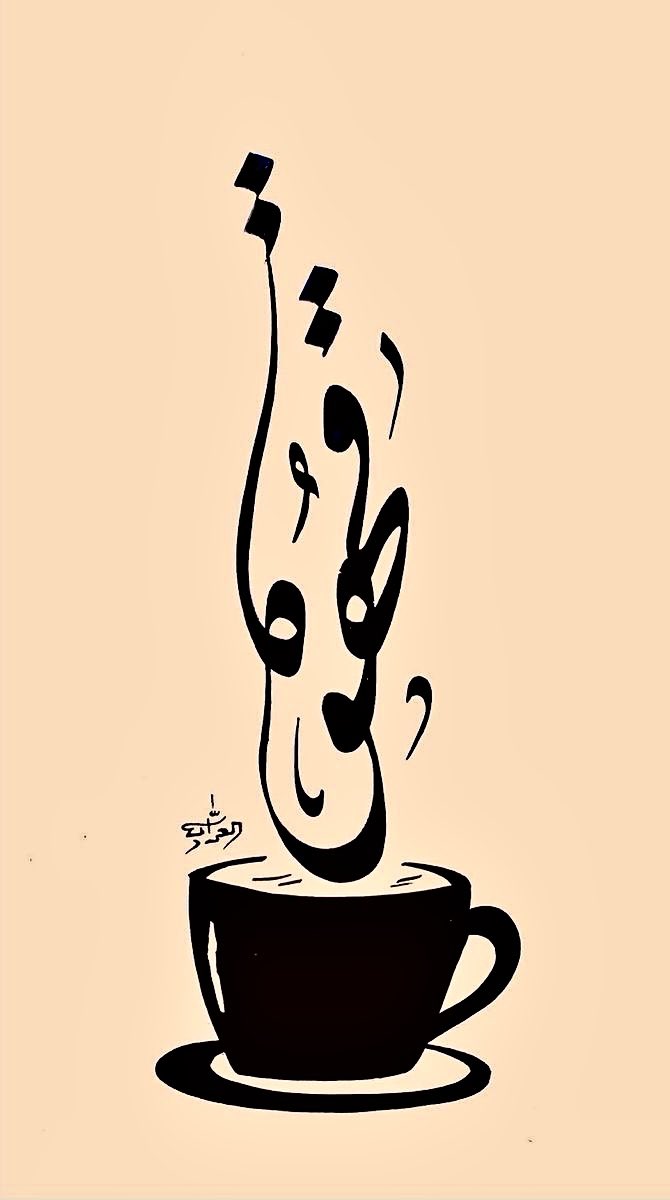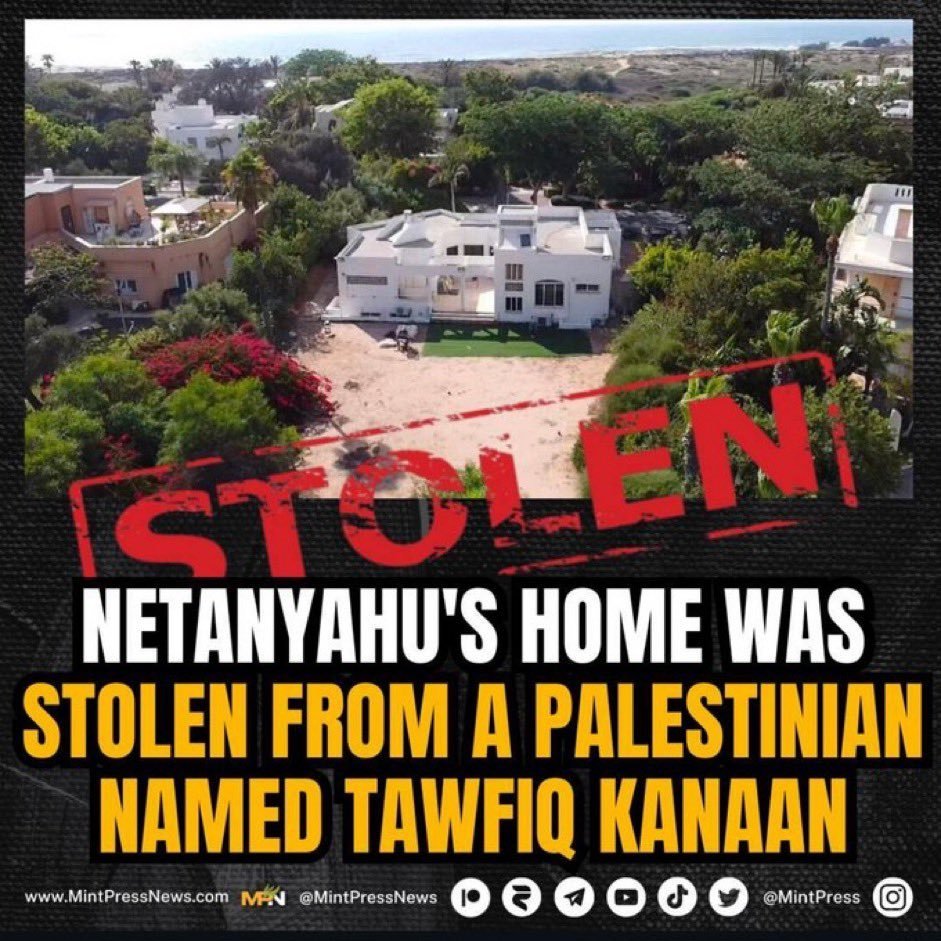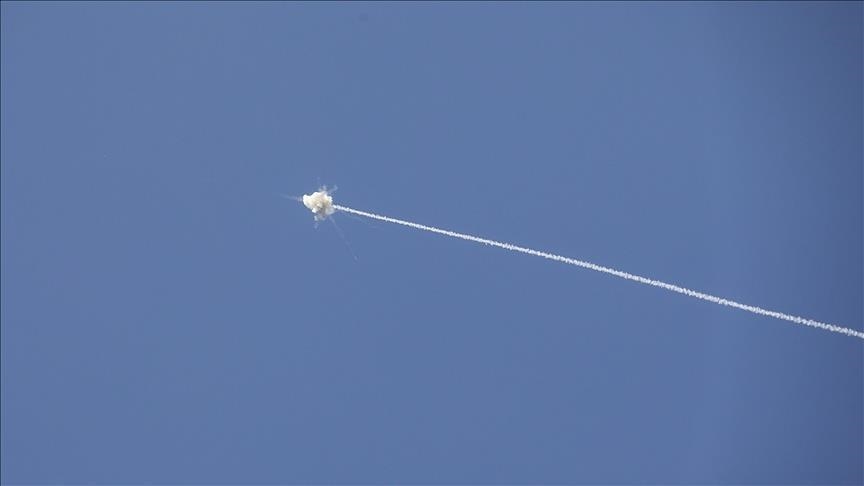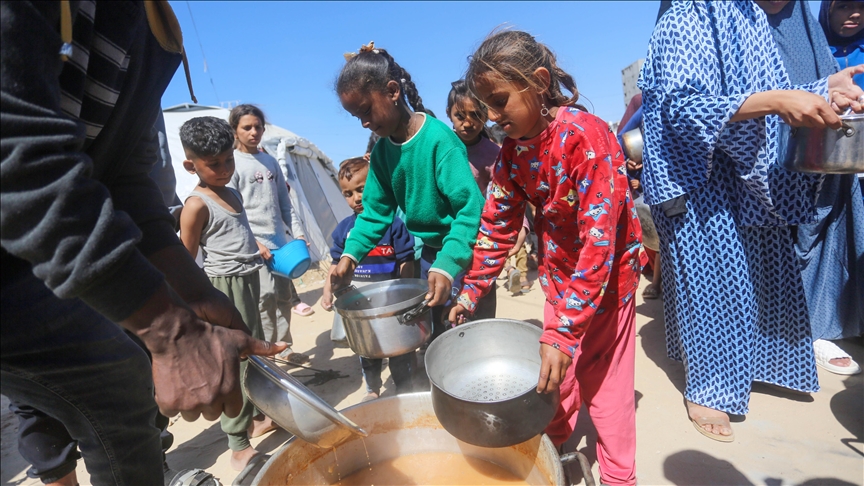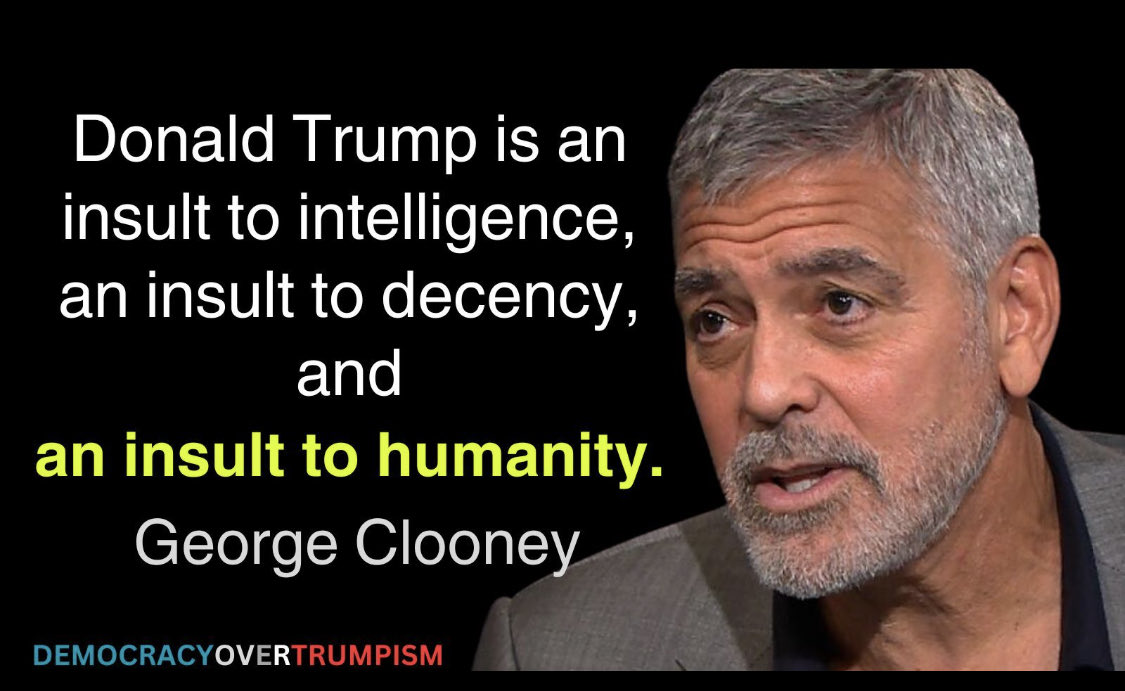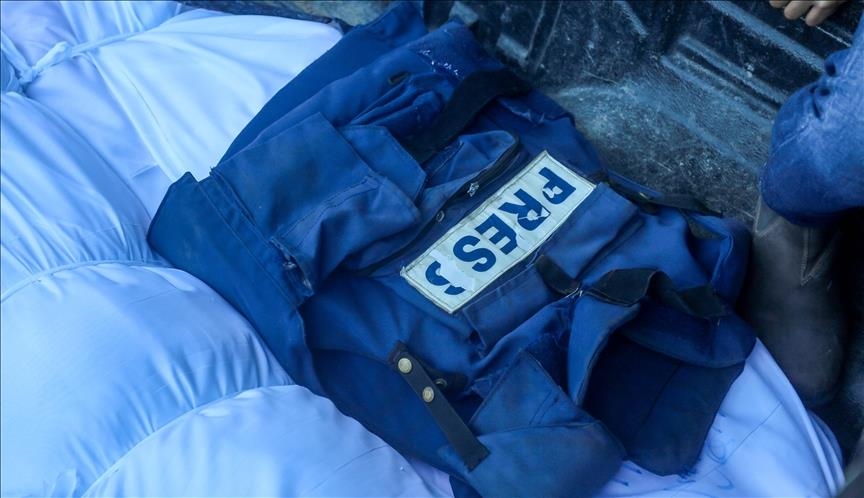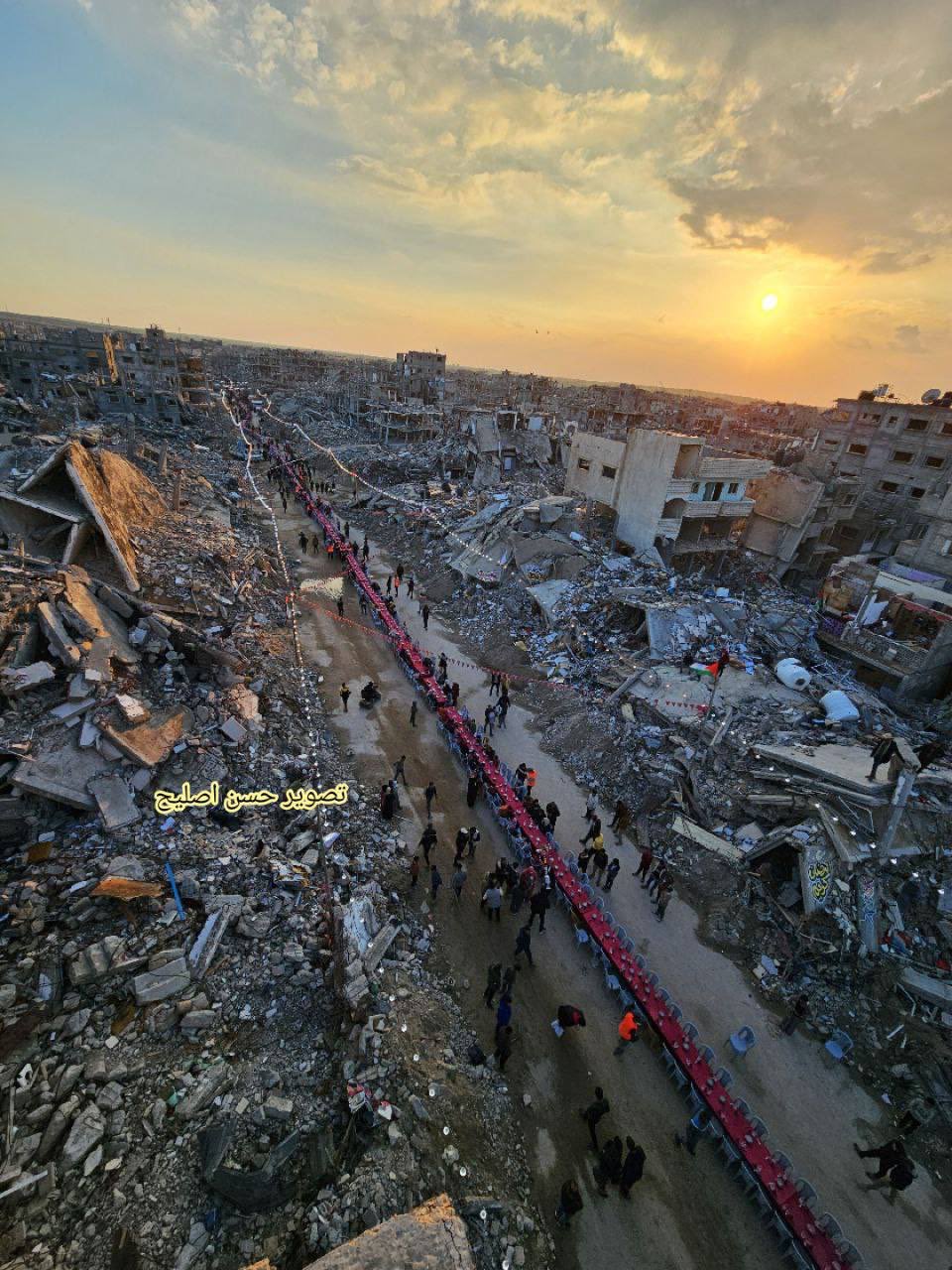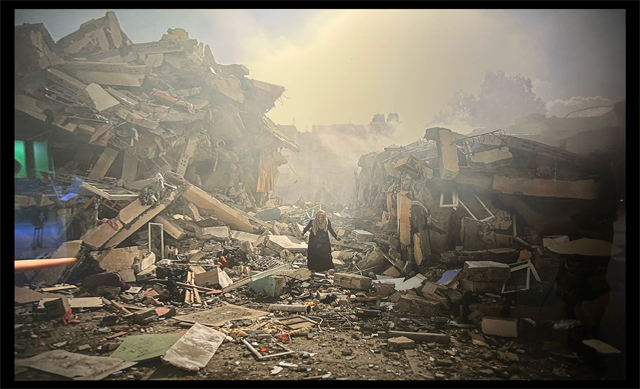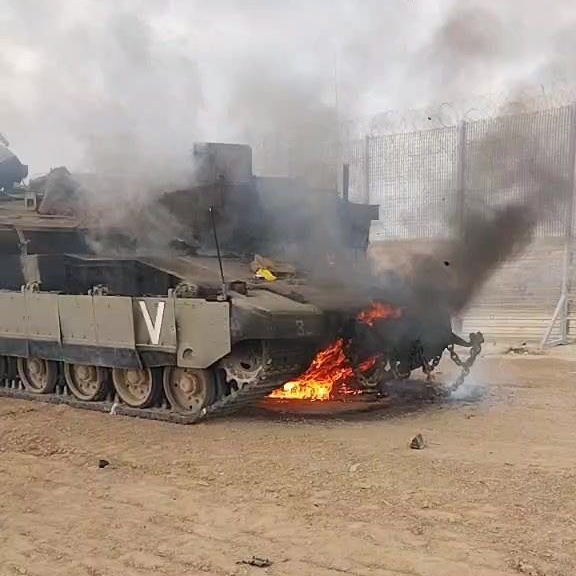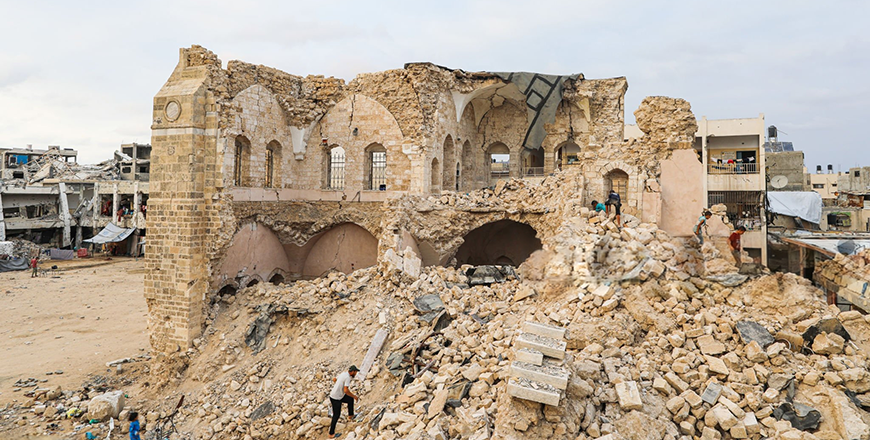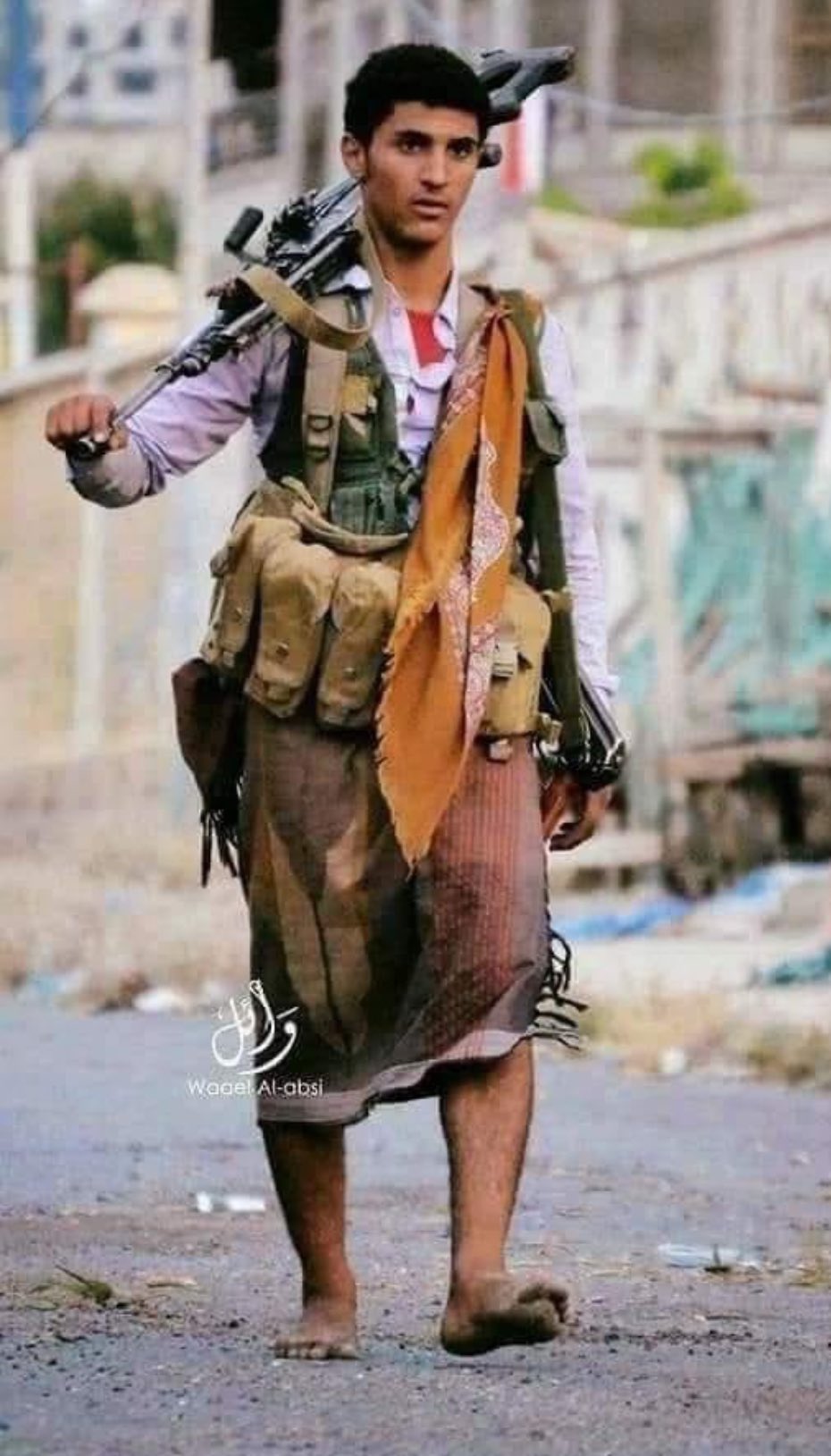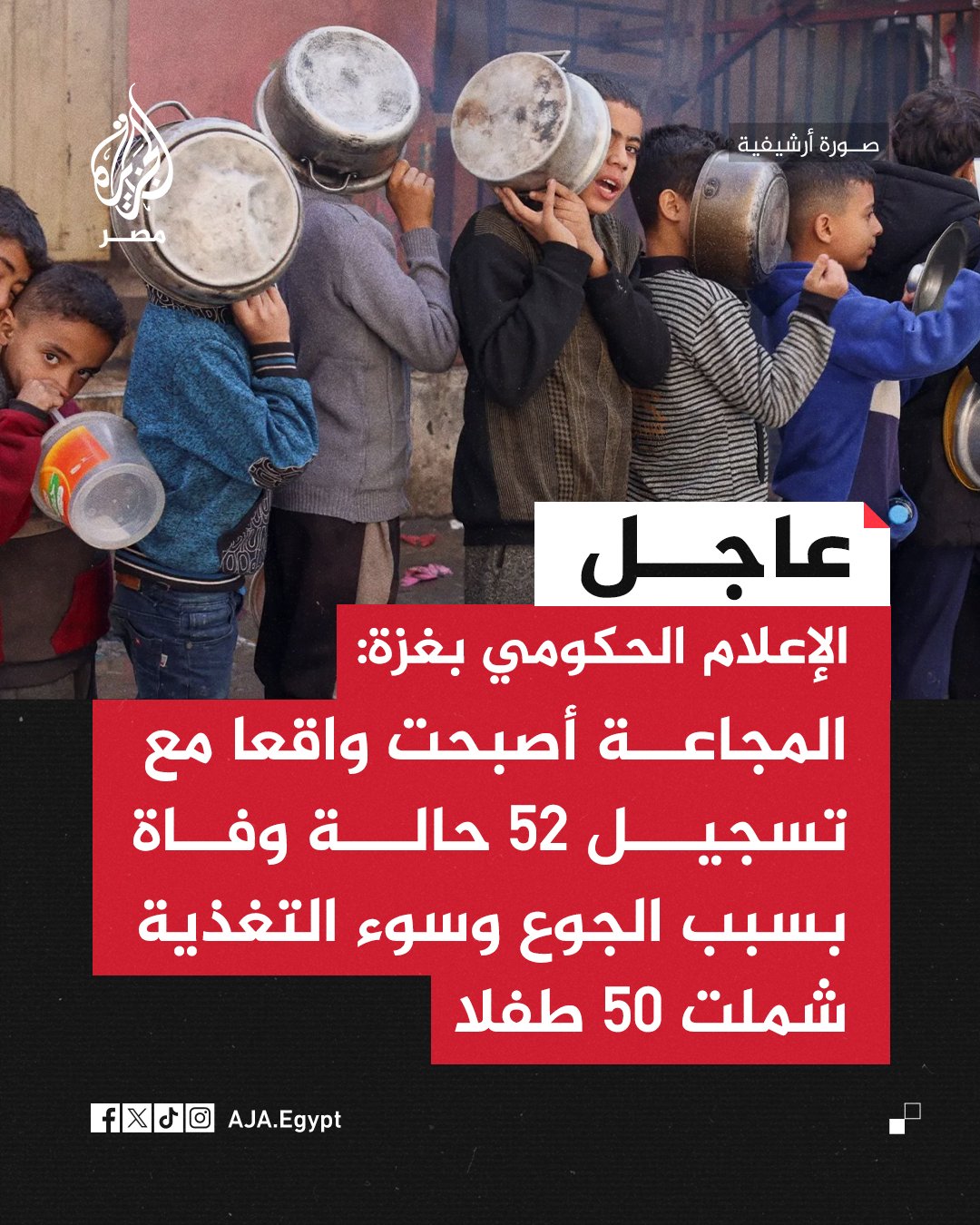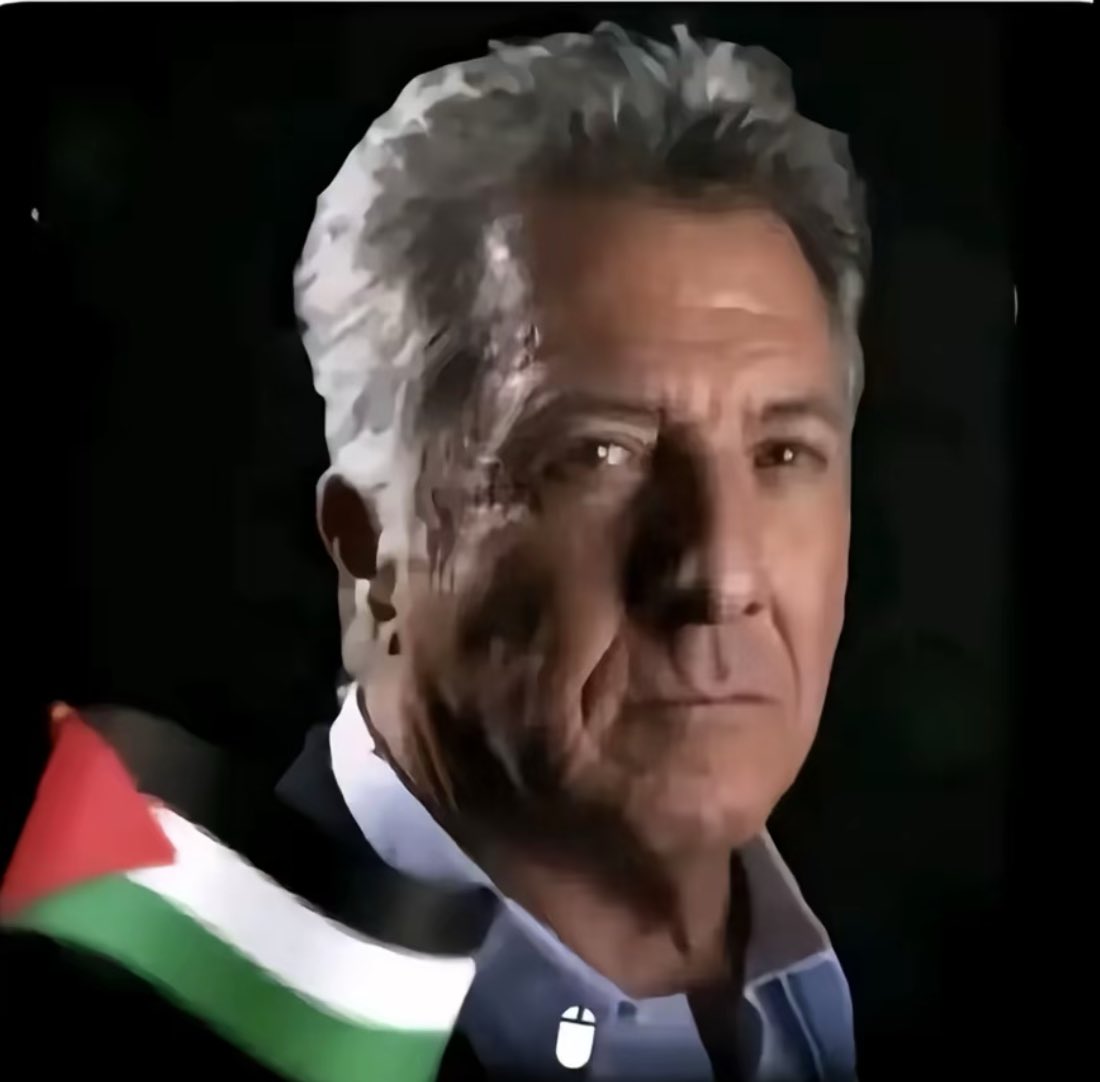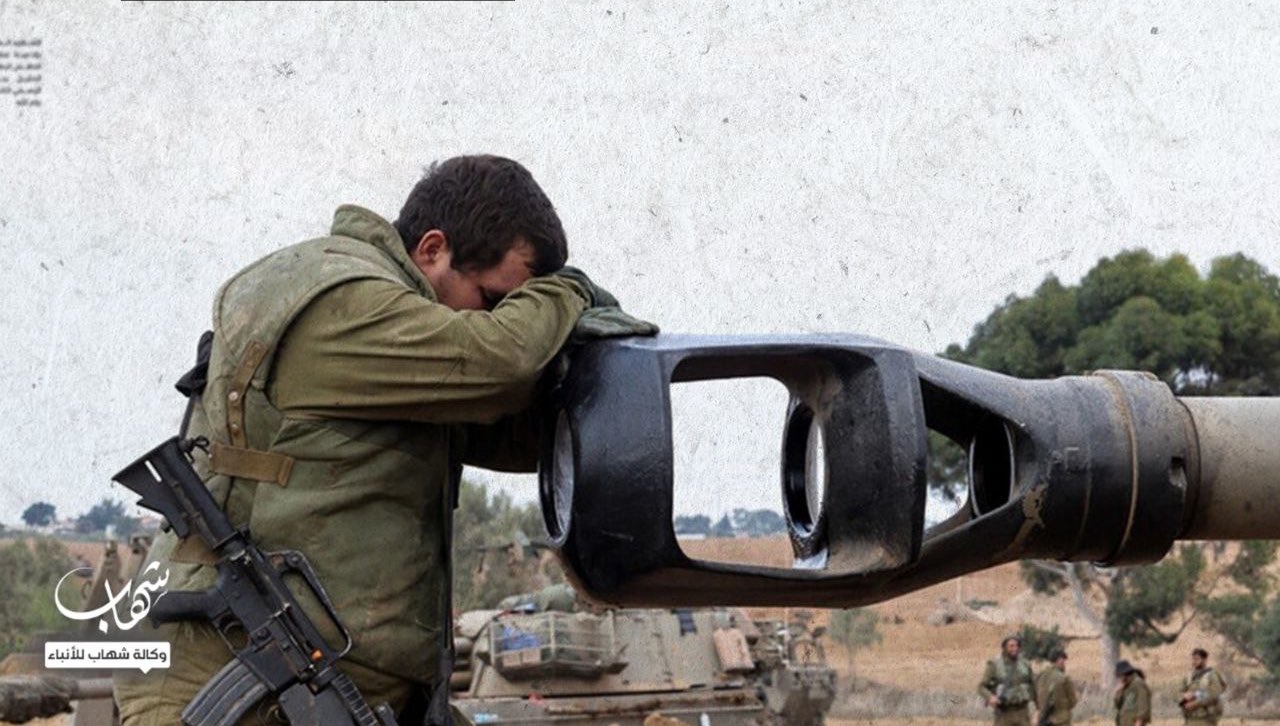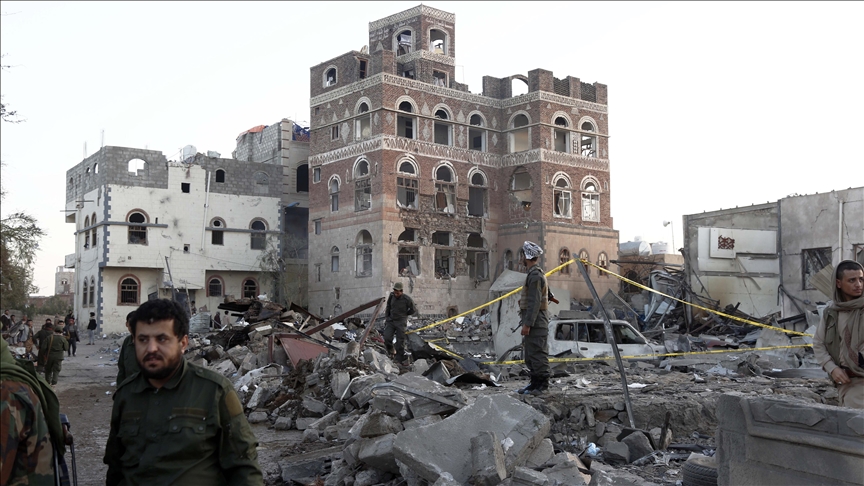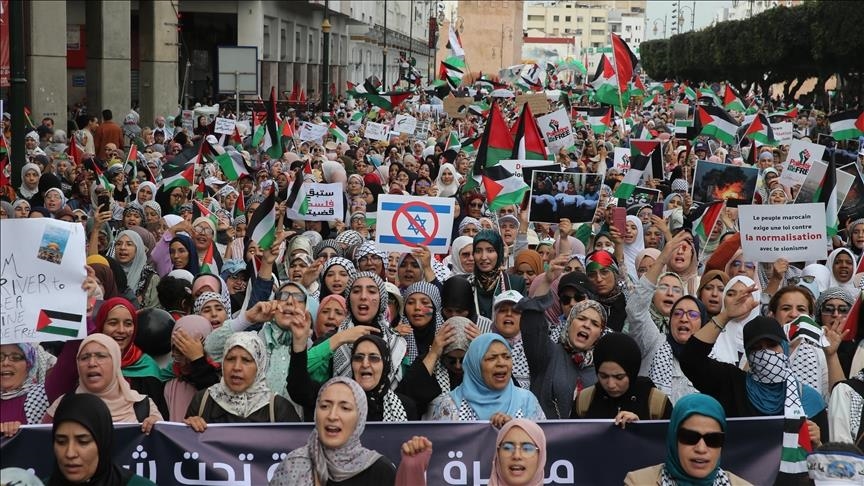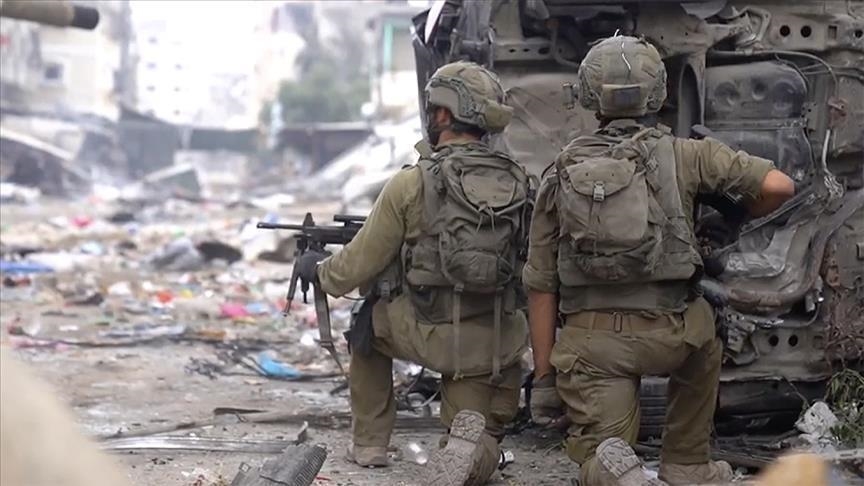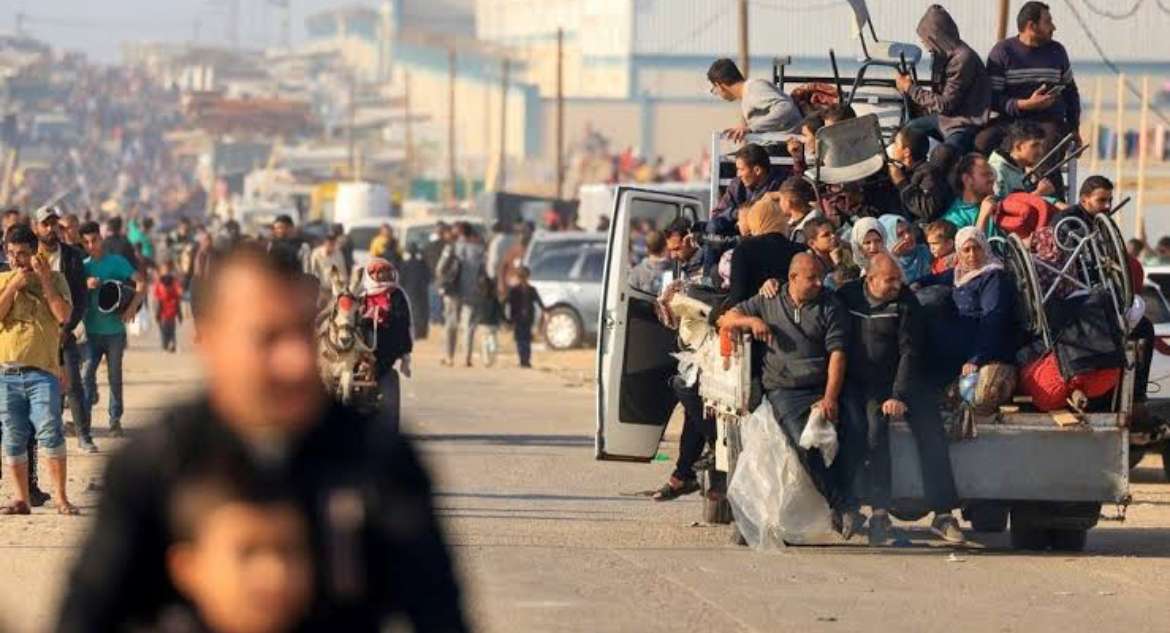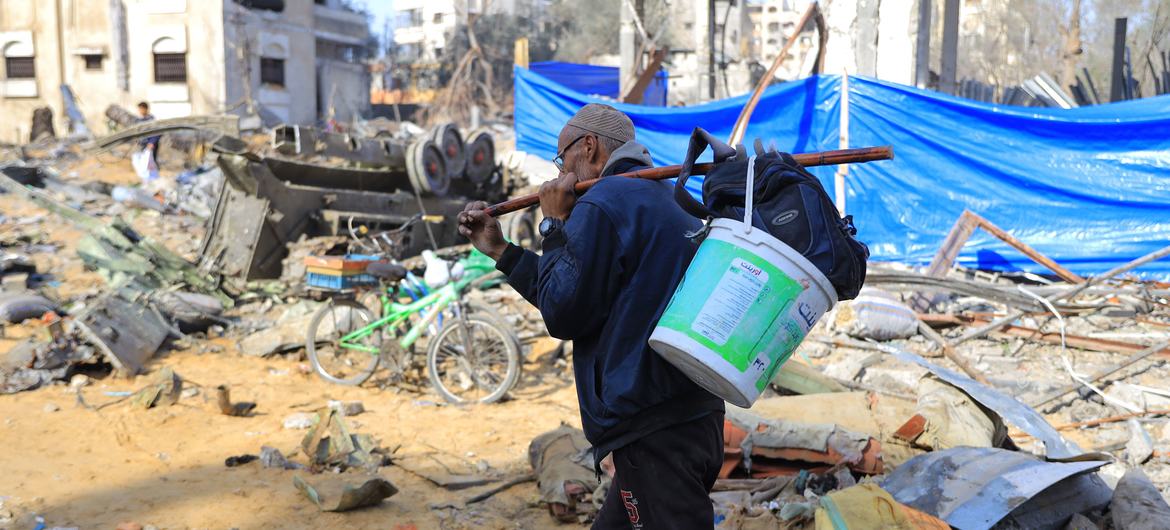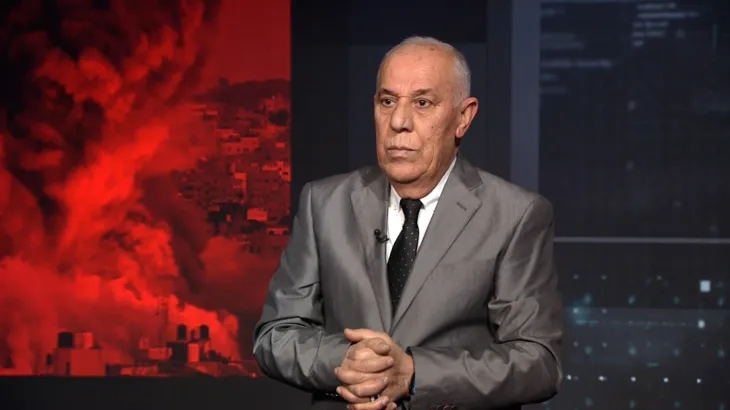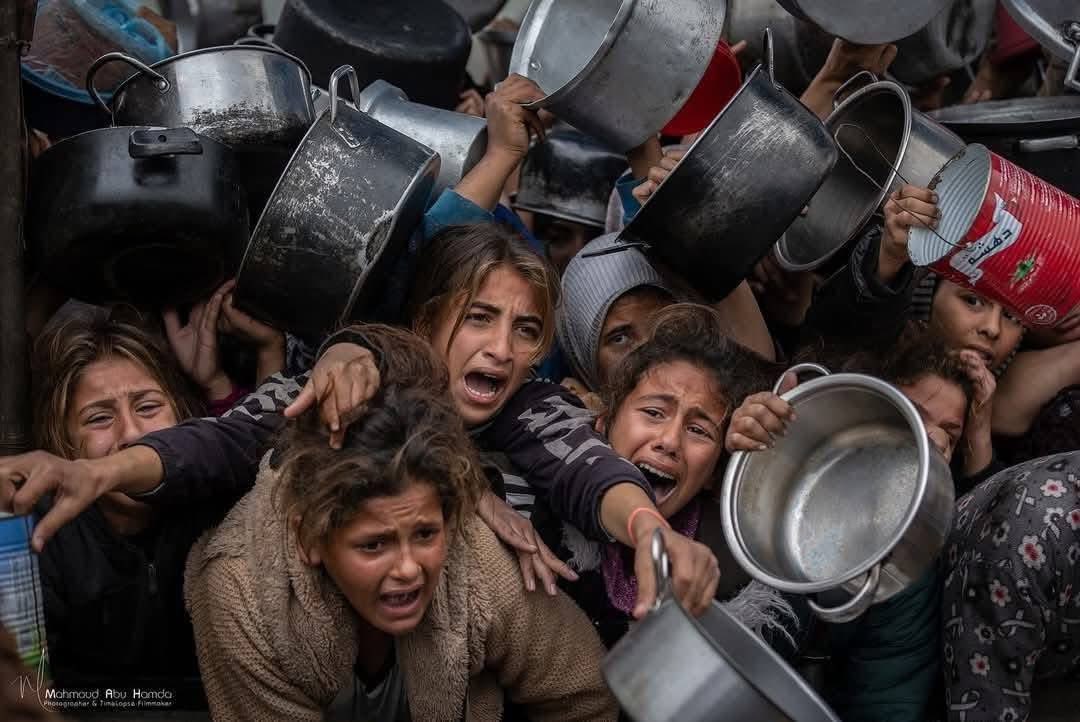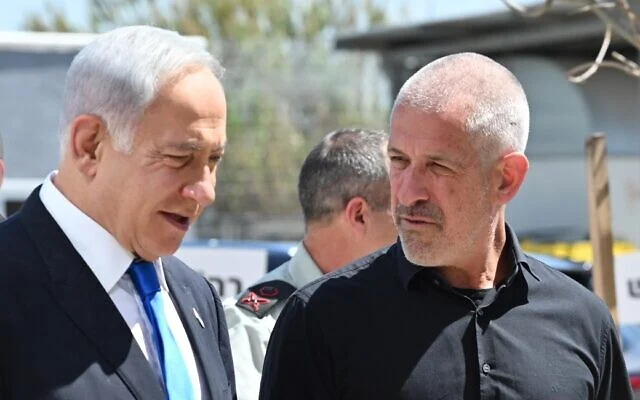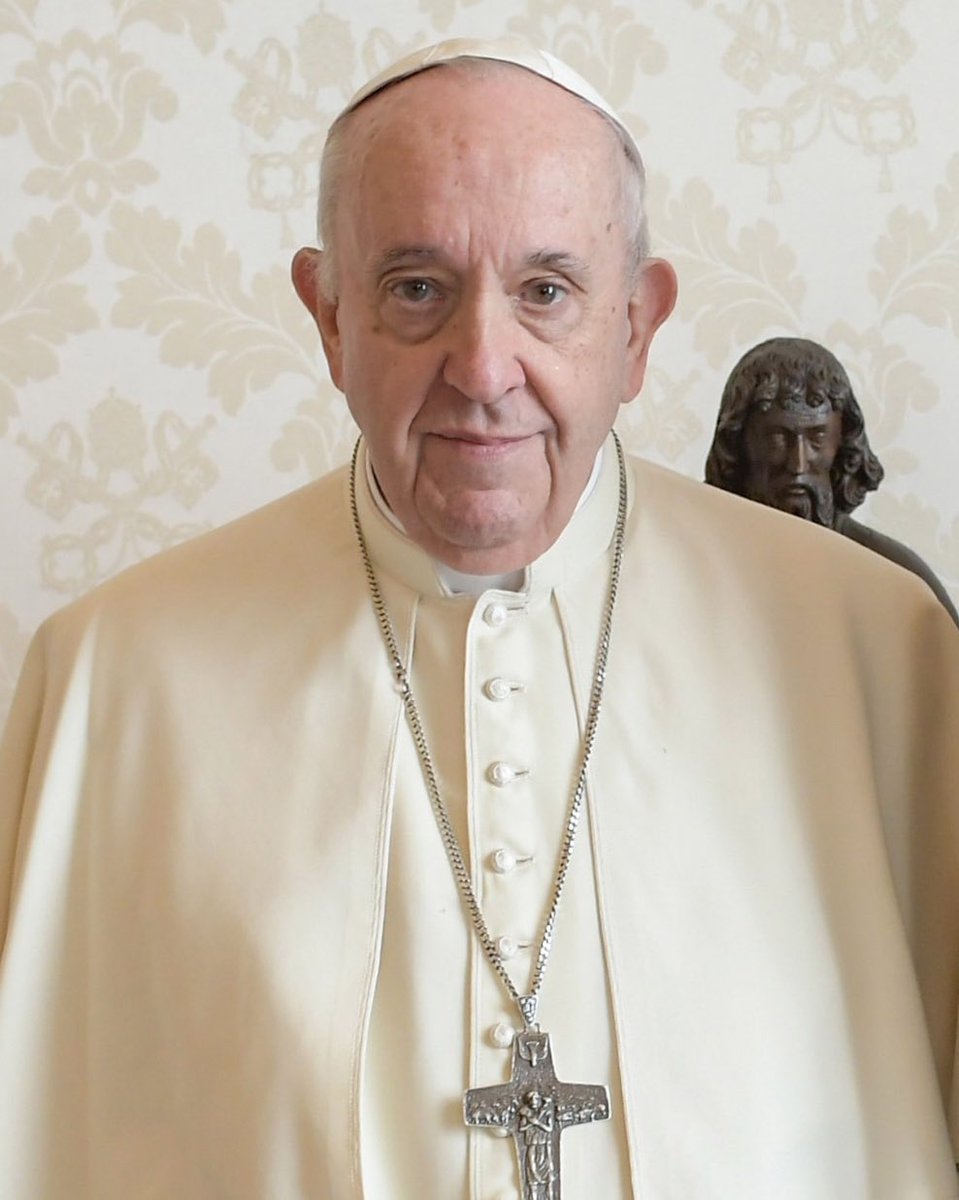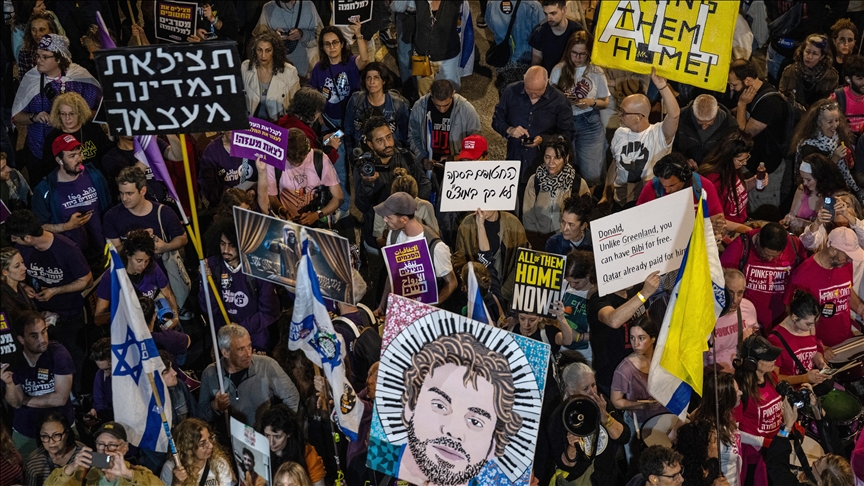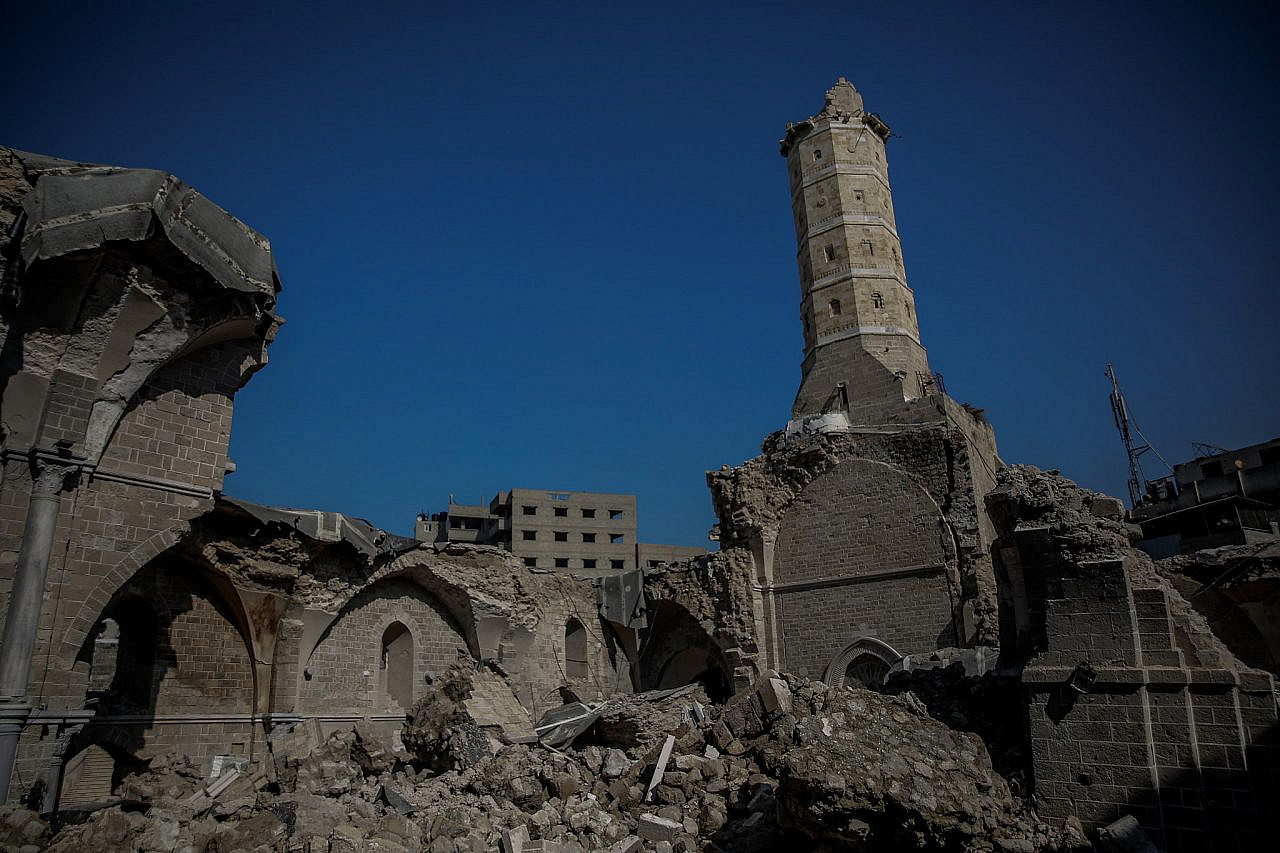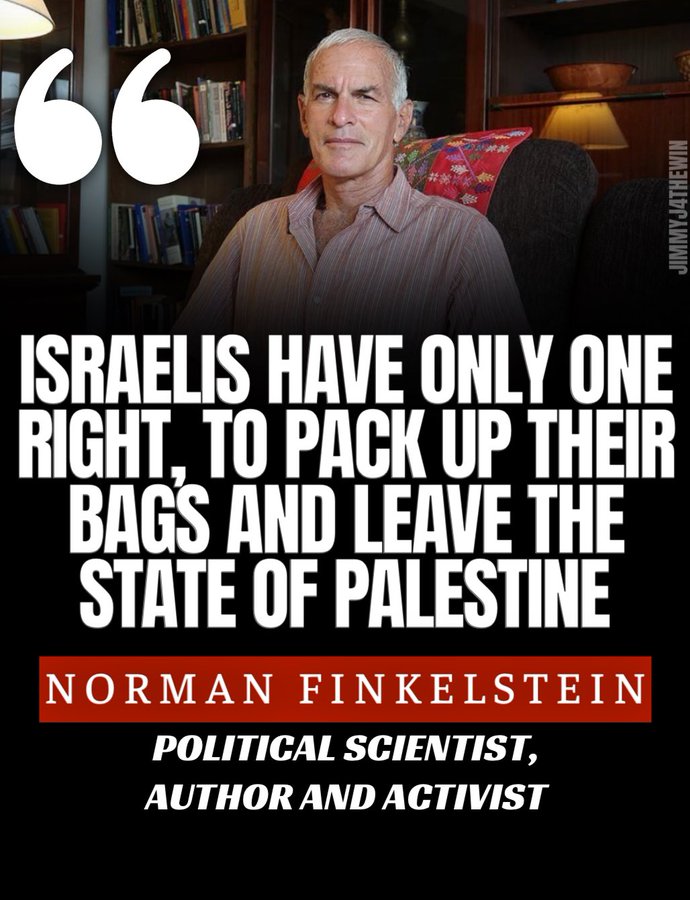The Israeli project in the Gaza Strip has reached its most revealing and dangerous stage yet. Israel is no longer concealing its intention to forcibly displace Palestinians from their homeland—it now announces this plan more openly than ever before, through official rhetoric at the highest levels. Through actions on the ground and institutional measures designed to reframe the crime as “voluntary migration”, Israel has attempted to implement its displacement campaign by exploiting the international community’s near-total silence, which has enabled the continuation of the crime and Israeli impunity despite the unprecedented nature of humanity’s first livestreamed genocide.
Israel is now attempting to carry out the final phase of its crime, and its original goal: the mass expulsion of Palestinians from Palestine, specifically from the Gaza Strip. For a year and a half, Israel has carried out acts of genocide, killing and injuring hundreds of thousands of people, erasing entire cities, dismantling the Strip’s infrastructure, and systematically displacing its population within the enclave. These actions aim to eliminate the Palestinian people as a community and as a collective presence.
The current plans for forced displacement are a direct extension of Israel’s long-standing settler-colonial project, aimed at erasing Palestinian existence and seizing land. What distinguishes this stage is its unprecedented scale and brutality—Israel is targeting over two million people who have endured a full-scale genocide and have been stripped of even the most basic human rights, under coercive, inhumane conditions that make living any sort of a normal life impossible. Israel’s deliberate objective is to pressure Palestinians into leaving by making it their only means of survival.
Having succeeded in revealing the weak principles of international law, such as protections for civilians based on their perceived racial superiority or lack thereof, Israel is now reshaping the narrative once again. Armed with overwhelming force and emboldened by the international community’s abandonment of legal and moral responsibilities, Israel seeks to portray the mass expulsion of Palestinians as “voluntary migration”. This is a blatant attempt to rebrand ethnic cleansing and forced displacement using dishonest language—like “humanitarian considerations” and “individual choice”—and is a direct contradiction of legal facts and the reality on the ground.
Euro-Med Monitor emphasises that forced displacement is a standalone crime under international law. It involves the removal of individuals from areas where they legally reside, using force, threats, or other forms of coercion, without valid legal justification. Coercion, in the context of Israel’s genocide in the Gaza Strip, goes beyond military force. It includes the creation of unbearable conditions that render remaining in one’s home practically impossible or life-threatening. A coercive environment includes fear of violence, persecution, arrest, intimidation, starvation, or other forms of hardship that strip individuals of free will and force them to flee.
“Israel has already committed the crime of forced displacement against Gaza’s population,” stated Lima Bustami, Director of Euro-Med Monitor’s Legal Department, “having driven them into internal displacement without legal grounds and in conditions that violate international legal exceptions, which only permit evacuation temporarily and under imperative military necessity, while ensuring safe areas with minimum standards of human dignity. None of these standards have been met. In fact, Israel has used this widespread and repeated pattern of displacement as a tool of genocide—aimed at destroying and subjecting the population to deadly living conditions.”
She added: “Although the legal elements of the crime are already fulfilled, Israel is further escalating it to a more lethal level against the Palestinian people—manifesting its settler-colonial vision of expulsion and replacement. Now it is attempting to market the second phase of forced displacement, i.e. beyond Gaza’s borders, as ‘voluntary migration’: a transparent deception that only a complicit international community—one that chooses silence over accountability—would accept.”
Today, the people of the Gaza Strip endure catastrophic conditions that are unprecedented in recent history. Israel has obliterated all forms of normal life; there is no electricity or infrastructure, and there are no homes, no essential services, no functioning healthcare or education systems, and no clean water services. Around 2.3 million Palestinians are confined to less than 34% of the Strip’s 365 square kilometres. Approximately 66% of the territory has been turned into so-called “buffer zones”, or areas that are completely off-limits to Palestinians and/or that have been forcibly depopulated through Israeli bombings and displacement orders.
Most of the population is now living in tattered tents amid the spread of famine, disease, and epidemics and an accumulation of waste—conditions symptomatic of the near-complete collapse of the humanitarian system. Israel continues to systematically block the entry of food, medicine, and fuel; destroy all remaining means of survival; and obstruct any efforts aimed at reconstruction or restoring even the minimum conditions for a healthy life.
These conditions in place are not the result of a natural disaster; rather, they have been deliberately engineered by Israel as a coercive tool to pressure the population into leaving the Gaza Strip. The absence of any genuine, voluntary alternative for Palestinians in the enclave renders this situation a textbook case of forcible transfer, as defined under international law and affirmed by relevant jurisprudence.
“While population transfers may be permitted in certain humanitarian contexts under international law, any such justification collapses if the humanitarian crisis is the direct consequence of unlawful acts committed by the same party enforcing the transfer,” according to Bustami. “It is impermissible to use forced displacement as a response to a disaster one has created—a principle clearly upheld by international tribunals, particularly the International Criminal Tribunal for the former Yugoslavia.”
Framing this imposed reality as a “voluntary” migration and an option not only constitutes a gross distortion of truth, but undermines the legal foundations of the international system, erodes the principle of accountability, and transforms impunity from a failure of justice into a deliberate mechanism for perpetuating grave crimes and entrenching the outcomes of such crimes.
Repeated public statements from the highest levels of Israel’s political and security leadership have escalated in intensity over the past year and a half, and expose a clear, coordinated intent to displace the population of the Gaza Strip. In a blatant bid to enforce a demographic transformation serving Israel’s colonial-settler agenda, senior Israeli officials—including Prime Minister Benjamin Netanyahu, former Defence Minister Yoav Gallant, Finance Minister Bezalel Smotrich, and National Security Minister Itamar Ben-Gvir—have publicly called for the expulsion of Palestinians from the Strip and for the settlement of Jewish Israelis in their place.
Netanyahu expressed full support in February 2025 for United States President Donald Trump’s plan to resettle Palestinians outside of the Gaza Strip, describing it as “the only viable solution for enabling a different future” for the region. Likewise, Smotrich announced in March that the Israeli government would back the establishment of a new “migration authority” to coordinate what he termed a “massive logistical operation” to remove Palestinians from the Strip. Ben-Gvir, meanwhile, has openly advocated for the encouragement of “voluntary migration” coupled with calls to resettle Jewish Israelis in the territory.
The 23 March decision of the Israeli Security Cabinet to establish a dedicated directorate within the Ministry of Defence, to manage what it calls the “voluntary relocation” of the Gaza Strip’s residents to third countries, is evidence that this displacement is not a by-product of destruction or political rhetoric, but an official policy. This policy is being implemented through institutional mechanisms, directed from within Israel’s own security apparatus, with full operational powers, executive structures, and strategic goals.
Current Defence Minister Israel Katz’s statement on the new directorate confirmed that it would “prepare for and enable safe and controlled passage of Gaza residents for their voluntary departure to third countries, including securing movement, establishing movement routes, checking pedestrians at designated crossings in the Gaza Strip, as well as coordinating the provision of infrastructure that will enable passage by land, sea and air to the destination countries”.
The true danger of establishing such a directorate lies not only in its institutionalisation of forced transfer, but in the new legal and political reality it seeks to impose. It rebrands displacement as an “optional” administrative service while stripping civilians of their ability to make free, informed decisions, therefore cloaking a war crime in a veneer of bureaucratic legitimacy.
Any departure from the Gaza Strip under current circumstances cannot be considered “voluntary”, but rather constitutes, in legal terms, forcible transfer, which is strictly prohibited under international law. All individuals compelled to leave the Strip retain their inalienable right to return to their land and property immediately and unconditionally. They also have the full right to seek compensation for all damages and losses incurred as a result of Israeli crimes and rights violations, including the destruction of homes and property, physical and psychological harm, the assault on human dignity, and the denial of livelihood and basic rights.
Under its obligations as an occupying power responsible for the protection of the civilian population, Israel is prohibited from forcibly transferring Palestinians and bears full legal responsibility to ensure their protection from this crime. The rules of international law, particularly customary international law and the Geneva Conventions, require all states not to recognise any situation arising from the crime of forcible transfer and to treat it as null and void. States are also obligated to withhold all material, political, and diplomatic support that would contribute to the entrenchment of such a situation.
International responsibility goes beyond mere non-recognition. It includes a legal duty for states to take urgent effective steps to halt the crime, hold perpetrators accountable, and provide redress to victims. This includes ensuring the safe, voluntary return of all displaced persons from the Gaza Strip, and providing full reparations for the harm and violations they have suffered. Any failure to act in this regard constitutes a direct breach of international law and complicity that could subject states to legal accountability.
The international community must move beyond deafening silence and abandon paltry rhetorical condemnations, which have come to represent the maximum response it dares to make in the face of the livestreamed genocide unfolding before its eyes. It must act swiftly and effectively to halt Israel’s ongoing project of mass displacement in the Gaza Strip and prevent it from becoming an entrenched reality. This action must be based on international legal norms, a commitment to justice and accountability, and an honest reckoning with the root structural cause of the crimes: Israel’s unlawful presence in the Occupied Palestinian Territory since 1967.
Endorsing or remaining silent about Israeli plans to forcibly transfer Palestinians out of the Gaza Strip not only exonerates Israel but rewards it for its illegal conduct by granting it gains secured through mass killing, destruction, blockade, and starvation. This is not just a series of war crimes or crimes against humanity—it embodies the legal definition of genocide, as established by the 1948 Genocide Convention and the Rome Statute of the International Criminal Court.
All states, individually and collectively, must uphold their legal obligations and take all necessary measures to halt Israel’s genocide in the Gaza Strip. This includes taking immediate, effective steps to protect Palestinian civilians and to prevent the implementation of the US-Israeli crime of forcible transfer that is openly threatening the Strip’s population.
The international community must impose economic, diplomatic, and military sanctions on Israel for its systematic and grave violations of international law. This includes halting arms imports and exports; ending all forms of political, financial, and military support; freezing the financial assets of officials involved in crimes against Palestinians; imposing travel bans; and suspending trade privileges and bilateral agreements that offer Israel economic advantages that sustain its capacity to commit further crimes.
States must also hold complicit governments accountable—chief among them the United States—for their role in enabling Israeli crimes through various forms of support, including military and intelligence cooperation, financial aid, and political or legal backing.
The ethnic cleansing and genocide taking place right now in the Gaza Strip would not be possible without Israel’s decades-long unlawful colonial presence in the Occupied Palestinian Territory. This is the root structural cause of the violence, oppression, and destruction in the besieged enclave. Any meaningful response to the escalating crisis in the Strip must begin with dismantling this colonial reality, recognising the Palestinian people’s right to self-determination, and securing their freedom and sovereignty over their national territory. As Israel and its allies must be compelled to abide by the law, international intervention is the only path to ending the genocide, halting all forms of individual and collective forcible transfer, dismantling the apartheid regime, and establishing a credible framework for justice, accountability, and the preservation of human dignity.
EuroMed Human Rights Monitor

 Hamas, Trump and The Ceasefire
Hamas, Trump and The Ceasefire Haaretz: Hamas Still Has 40,000 Fighters
Haaretz: Hamas Still Has 40,000 Fighters The Doctor Who Lost Her Nine Children
The Doctor Who Lost Her Nine Children Israel Kills Journalist No 220 in Gaza
Israel Kills Journalist No 220 in Gaza Houthis Launch Missile on Israel
Houthis Launch Missile on Israel